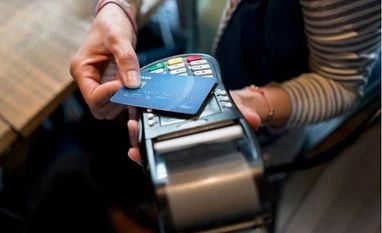The payments industry has hailed Budget proposals to cap cash transactions at Rs 3 lakh and reduce the levies on digital payment equipment, saying the moves will fasten the less-cash drive.
"We welcome various measures to promote digital economy announced in the new Budget," ItzCash head and Chairman of the industry lobby Payments Council of India said in a statement.
The industry is particularly enthused by the removal of import duty for point of sales (PoS) machines-- which will be doubled in 20 lakh by June -- and removing service charges on rail bookings on the country's largest e-commerce site Indian Railway Catering and Tourism Corporation (IRCTC).
The National Payments Corporation also welcomed the moves and affirmed its support to achieve the targets. "NPCI will continue to innovate and introduce new payments mechanism to support the ecosystem," said Managing Director and Chief Executive A P Hota.
He said the Corporation will support the mission of achieving 2,500 crore digital transactions for 2017-18 through UPI, USSD *99#, IMPS, Aadhaar Pay, RuPay cards and other upcoming products.
Other proposals on the payments front introduced by the finance minister include creating a Payment Regulatory Board within Reserve Bank of India (RBI), replacing the existing Board for Regulation and Supervision of Payment and Settlement Systems in the RBI.
It can be noted that following the November 8 decision to scrap high-value banknotes, greater pressure has come on the digital alternatives of payments to perform.
Also Read
Finance Minister Arun Jaitley's other proposals include launch two new schemes to promote the usage of the BHIM app, including referral bonus and cash back for merchants. The minister also banned cash withdrawals over Rs 3 lakh from April with a view to move to a less-cash economy.
Atom Technologies' Dewang Neralla said tax breaks on PoS devices and other devices will ensure affordability and help foster better penetration for digital payments.
The industry lobby said there is a need to look at other issues, including bringing parity between physical cash and digital payment transactions, along 'interoperability' and access to a unified payment infrastructure with the absorption of merchant discount rates by the government.
)